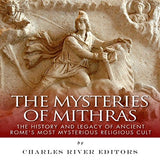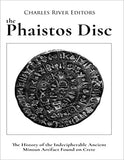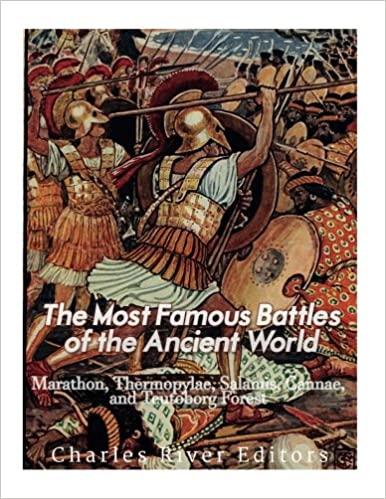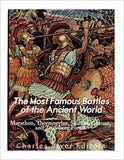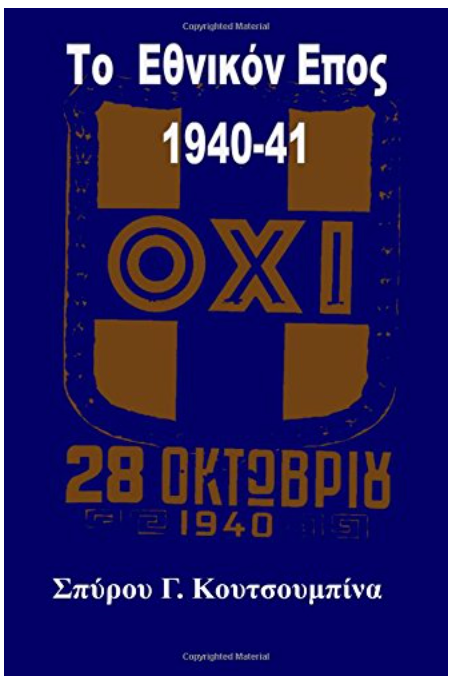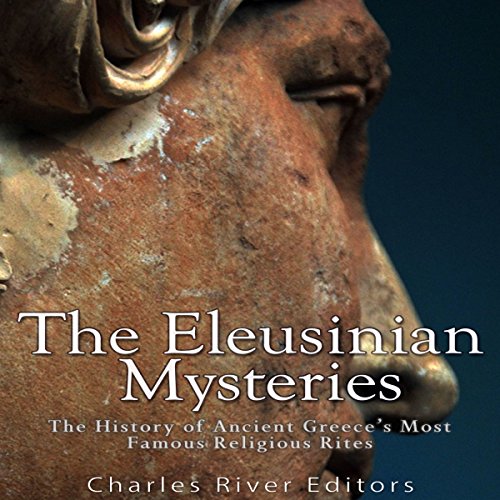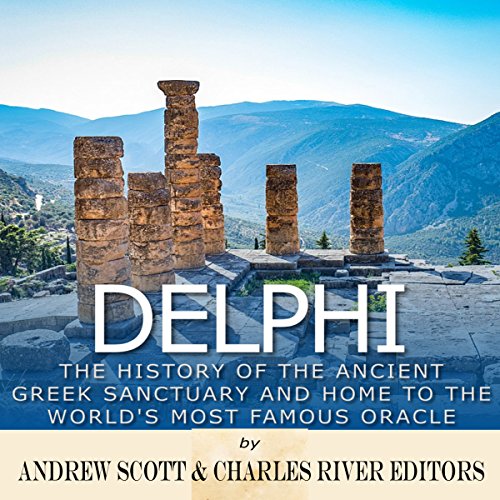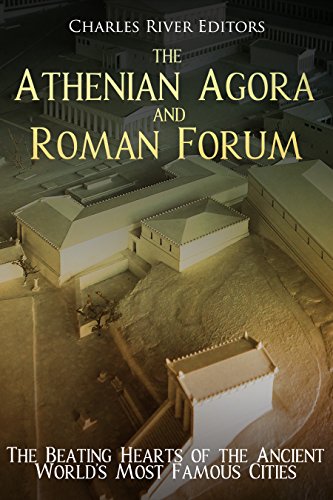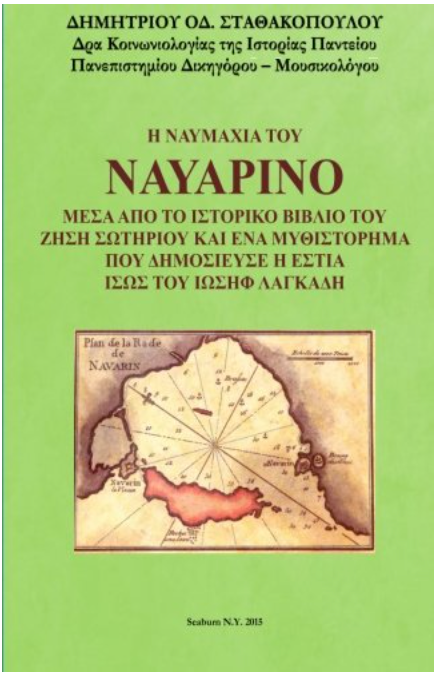The Most Famous Battles of the Ancient World: Marathon, Thermopylae, Salamis, Cannae, and the Teutoburg Forest
ISBN: 9781544234007
*Includes pictures
*Includes ancient accounts of the battles
*Includes online resources and a bibliography for further reading
The Ancient Greeks have long been considered the forefathers of modern Western civilization, but the Golden Age of Athens and the spread of Greek influence across much of the known world only occurred due to one of the most crucial battles of antiquity: the Battle of Marathon. In 490 B.C., after the revolt in Ionia had been crushed, Darius sent his general Mardonius, at the head of a massive fleet and invading force, to destroy the meddlesome Greeks, starting with Athens. The Persian army, numbering anywhere between 30,000 and 300,000 men, landed on the plain at Marathon, a few dozen miles from Athens, where an Athenian army of 10,000 hoplite heavy infantry supported by 1,000 Plataeans prepared to contest their passage. The Athenians appealed to the Spartans for help, but the Spartans dithered; according to the Laws of Lycurgus, they were forbidden to march until the waxing moon was full. Accordingly, their army arrived too late. Thus, it fell upon the Athenians to shoulder the burden. With their army led by the great generals Miltiades and Themistocles, the Athenians charged the outnumbering Persians. Outmatched by the might of the heavy, bronze-armored Greek phalanx, the inferior Persian infantry was enveloped and destroyed, causing them to flee for their ships in panic. The Athenians had won a colossal victory against an overwhelming and seemingly invincible enemy.
There are few battles in history in which the vanquished are better remembered and celebrated than the victors, and even fewer where a defeat is considered a victory. But that has become the enduring legacy of the Battle of Thermopylae, a battle as unique as it is famous. The story of the battle and the willing sacrifice of the Greek defenders to buy the rest of the retreating Greeks time is well known across the world and still resonates with audiences to this day. Last stands are the stuff of martial legends, and Thermopylae is the greatest of them all.
*Includes ancient accounts of the battles
*Includes online resources and a bibliography for further reading
The Ancient Greeks have long been considered the forefathers of modern Western civilization, but the Golden Age of Athens and the spread of Greek influence across much of the known world only occurred due to one of the most crucial battles of antiquity: the Battle of Marathon. In 490 B.C., after the revolt in Ionia had been crushed, Darius sent his general Mardonius, at the head of a massive fleet and invading force, to destroy the meddlesome Greeks, starting with Athens. The Persian army, numbering anywhere between 30,000 and 300,000 men, landed on the plain at Marathon, a few dozen miles from Athens, where an Athenian army of 10,000 hoplite heavy infantry supported by 1,000 Plataeans prepared to contest their passage. The Athenians appealed to the Spartans for help, but the Spartans dithered; according to the Laws of Lycurgus, they were forbidden to march until the waxing moon was full. Accordingly, their army arrived too late. Thus, it fell upon the Athenians to shoulder the burden. With their army led by the great generals Miltiades and Themistocles, the Athenians charged the outnumbering Persians. Outmatched by the might of the heavy, bronze-armored Greek phalanx, the inferior Persian infantry was enveloped and destroyed, causing them to flee for their ships in panic. The Athenians had won a colossal victory against an overwhelming and seemingly invincible enemy.
There are few battles in history in which the vanquished are better remembered and celebrated than the victors, and even fewer where a defeat is considered a victory. But that has become the enduring legacy of the Battle of Thermopylae, a battle as unique as it is famous. The story of the battle and the willing sacrifice of the Greek defenders to buy the rest of the retreating Greeks time is well known across the world and still resonates with audiences to this day. Last stands are the stuff of martial legends, and Thermopylae is the greatest of them all.




